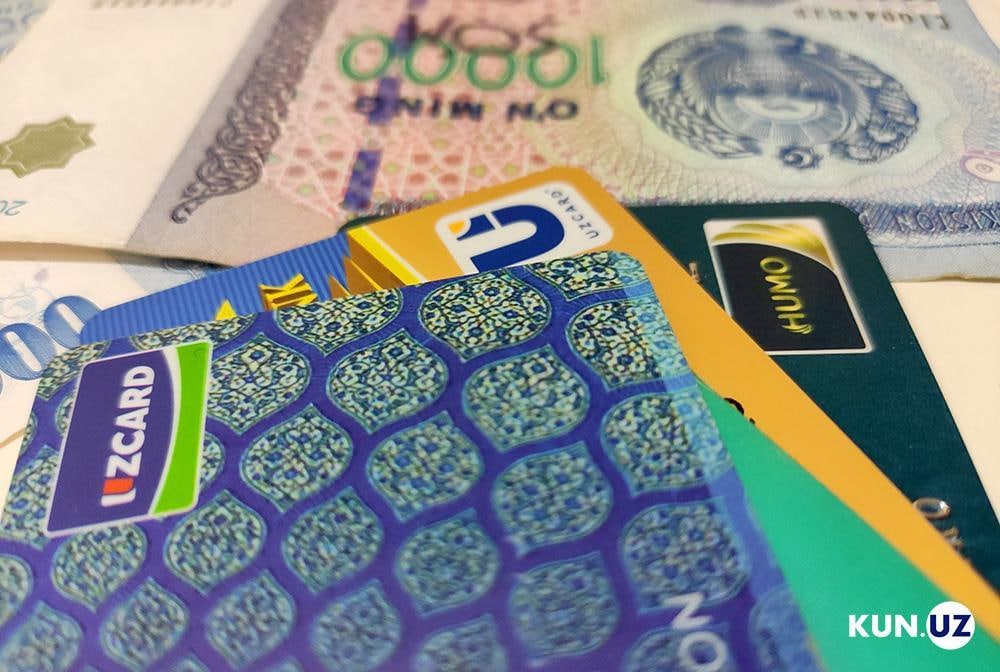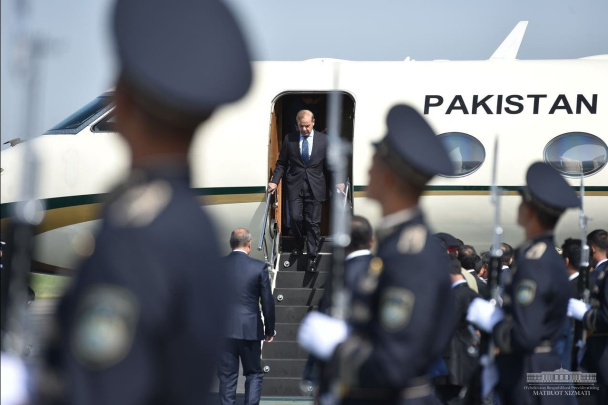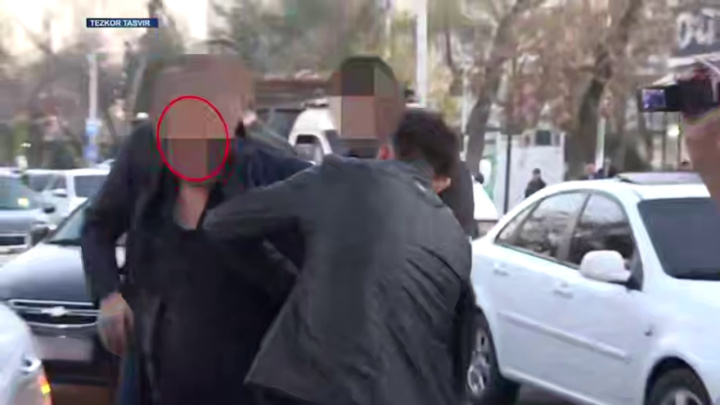The Government of Uzbekistan is developing measures to combat the shadow economy, as proposed by a presidential decree project. The document has not been announced for public discussion yet and is undergoing confirmation through ministries and agencies.
On Saturday, the head of the Tax Committee Sherzod Kudbiev, and the head of the Chamber of Commerce and Industry Davron Vahobov discussed the project with entrepreneurs, and suggestions are being considered for possible amendments to the document.
According to the draft, from May 1, 2024, it is proposed to carry out the sale of real estate and vehicles based only on non-cash settlements. The commissions for these operations are planned to be abolished.
For transactions between individuals, contracts must be notarized based on bank information, whereas legal entities must provide documents confirming non-cash payment, operationalized through electronic invoices.
For goods and services costing more than $3,000, it is proposed that payments should be made strictly in a non-cash form (previously, it was proposed to set a limit slightly above 100 million UZS or 300 times the basic calculation amount).
It is proposed to provide 100% of the salaries to employees of budget organizations, including universities and major taxpayers, as well as military personnel, through bank card transfers.
Approval of a catalog of services payable only in non-cash form is being proposed: public services, utility services, university tuition contracts, and others.
Wholesale trade is also planned to transition entirely to non-cash settlements.
In February, a presentation on measures to reduce cash use was conducted for Shavkat Mirziyoyev. Reducing cash use and introducing non-cash payments for budget organizations serving the population, sales of houses to individuals by builders, and others were among them. Moving wholesale trade of wood, tires, and sugar to non-cash was also planned.
In December last year, Deputy Prime Minister Jamshid Kuchkarov announced that a draft presidential decree had been prepared to combat the shadow economy by reducing cash circulation. The discussion at that time focused on making certain payments solely through bank cards.
At the beginning of the year, the President mentioned that the damage to the state budget from the shadow economy amounted to 30 trillion UZS, and to the gross domestic product, 135 trillion UZS. Nearly 11,000 enterprises (41%) had reported having only one employee in their reports.
From February 1, Uzbekistan implemented the Stability Rating of Business Entities to encourage proper business conduct and incentivize companies to come out of the "shadows."






